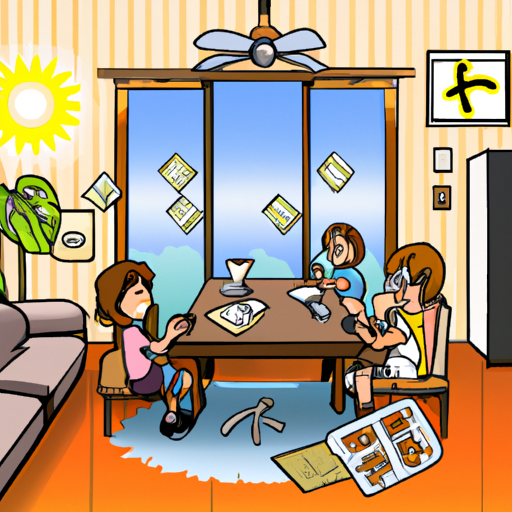Japan is bracing for a dangerous heatwave, with temperatures threatening to reach a blistering 40°C. The impending extreme weather poses a risk to public health and may disrupt everyday life across the country.
Summers in Japan regularly reach high temperatures, but a climb to 40°C is considerably extreme and alarming. In such situations, people are advised to stay hydrated and limit outdoor activities to prevent heatstroke. There's substantial concern for the elderly, people with underlying health conditions, and children. In response to extreme heat, schools might suspend outdoor activities while businesses may adjust work hours. Public cooling stations are typically set up in cities to assist those who may not have air conditioning at home.
In the US or in the EU, heatwaves are also taken seriously but differ in how they are dealt with. In Europe for instance, countries like France have strategies in place following deadly heatwaves in the past, including 'cool rooms' in public spaces, regular check-ups on the elderly, and red-alert warnings for severe heat. Compared to Japan, these measures are more proactive than reactive. This level of preparedness can be attributed to the direct experience of heat-related fatalities.

